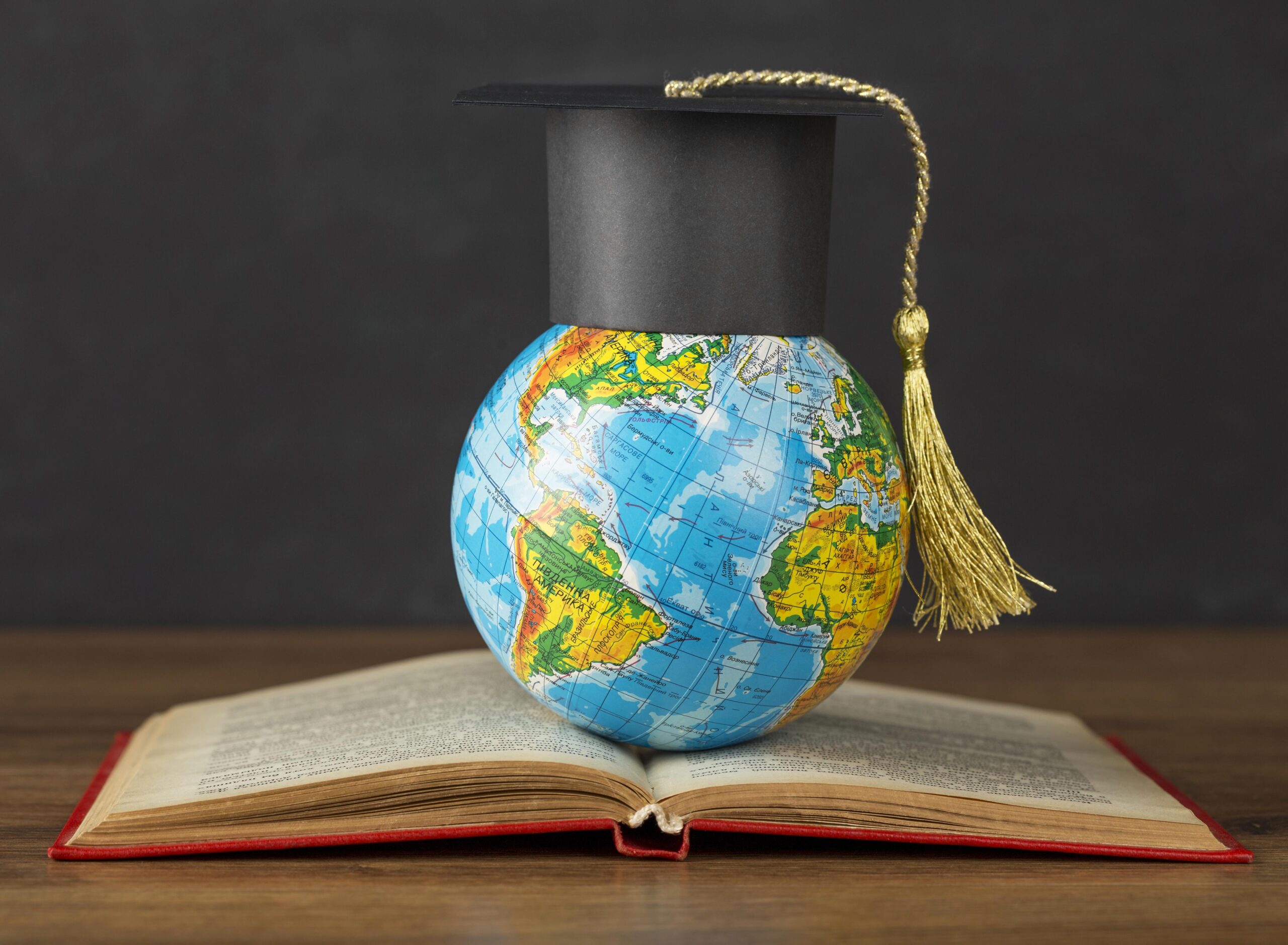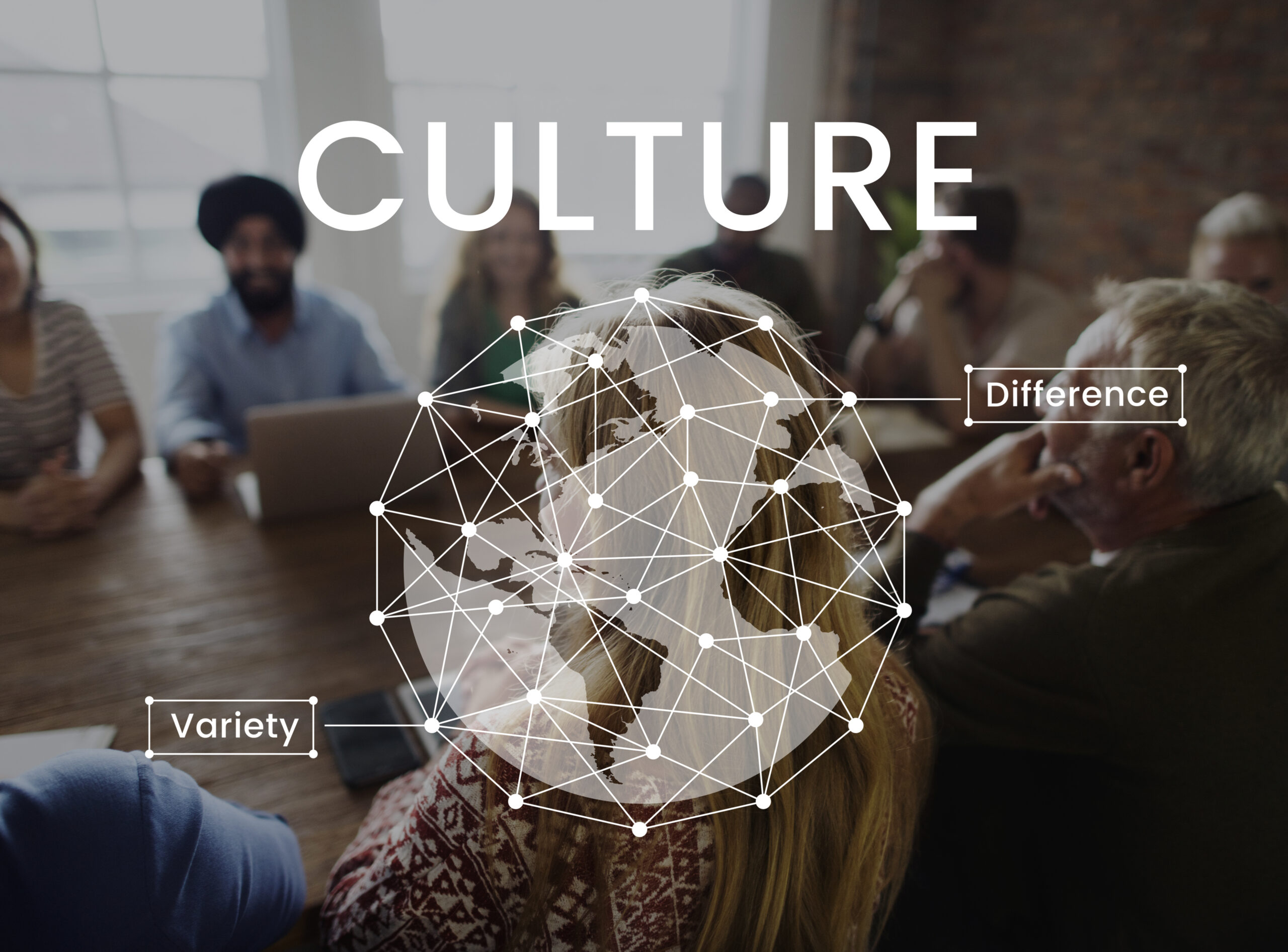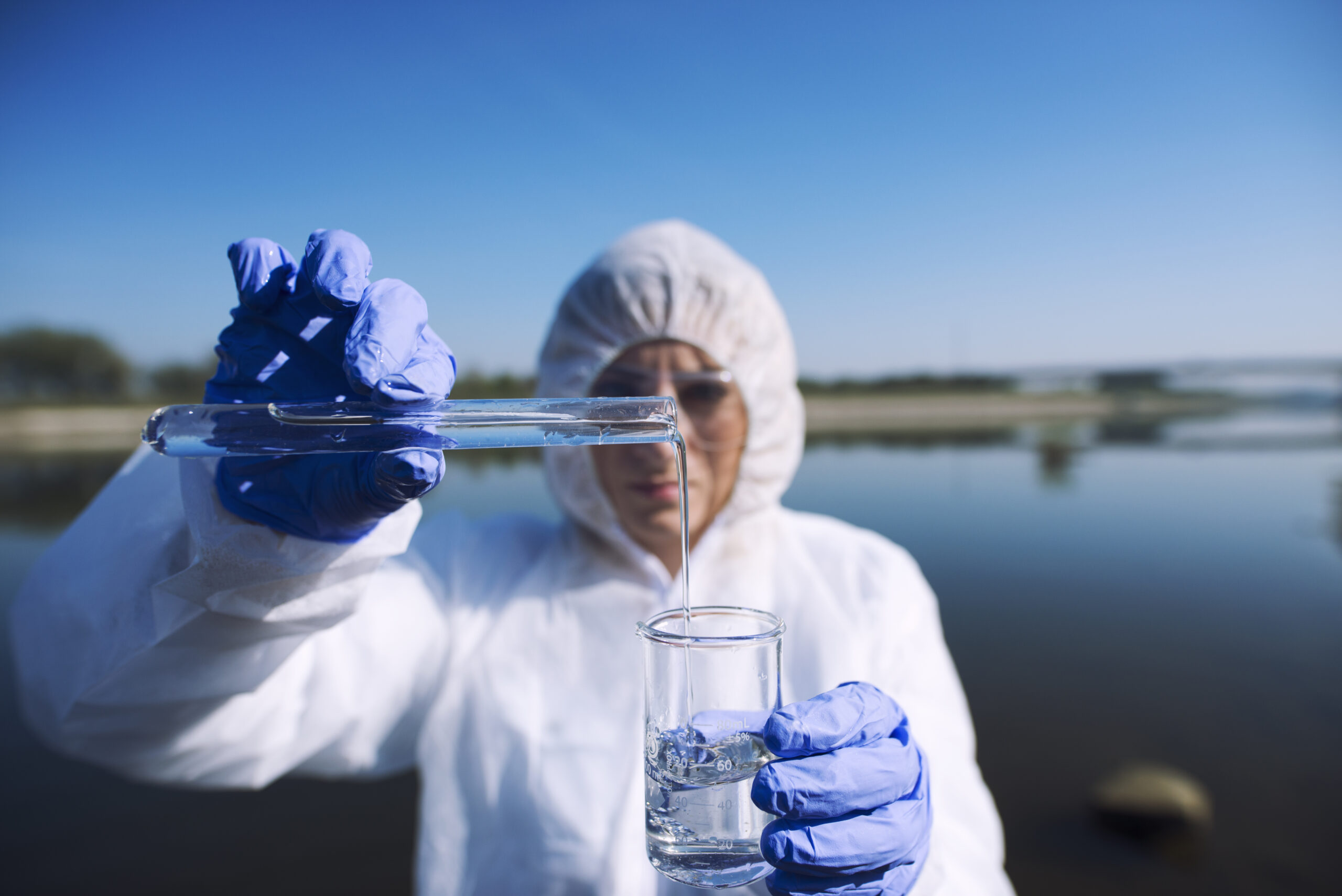
Our Expertise
Combining rigorous academic coursework with real-world industry experience to tackle global challenges.
Dual Training & Cultural Research
Our institution is to strengthen Cape Verde Dual vocational system and culture to a global level and to be an economic hub of other African Countries. Luso Anglo German African Institute of Vocational Training and Cultural Research was established to solve global challenges through international cooperation. We work with individuals, companies, industries, and both private and government institutions across different countries.
At present, we support numerous states and institutions in modernizing their vocational training—from adapting legislation and developing innovative standards to introducing new company-based training schemes that generate the required workforce.
TVET One-Stop Shop
A central hub for TVET industries globally, providing comprehensive resources and connections.
Tech Hub Consulting
Specialized consulting in technical research, development, and cultural advancement.
Our Commitment
Our Areas of Expertise

Education
In Germany, the "dual vocational education and training" (DTvet), or "Ausbildung," system combines practical training in a company with theoretical learning.
Learn more
Natural Sciences
Science is important for solving global issues like economic, social, and environmental challenges. International collaboration fosters peace and sustainable development.
Learn more
Social & Human Sciences
Fostering interdisciplinary research, promoting understanding of diverse cultures, and contributing to policies that address societal challenges.
Learn more
Artificial Intelligence
Training to foster a deep understanding of how AI technologies influence society, economics, politics, culture, and human behavior.
Learn more
Cultural Research & Ethics
Cultural research and ethics are intertwined. Ethical frameworks must consider cultural contexts to ensure responsible research practices.
Learn more
Language, Ethics & Culture
Engaging with a new language and culture creates cross-cultural understanding, personal growth, and a broader perspective on the world.
Learn more
Ocean Research & Training
Studying the ocean's physics, chemistry, biology, and geology with the goal of understanding and managing the ocean for a sustainable future.
Learn more
Information & Communication Technology
Integrating ICT into teaching and learning, developing digital skills, and preparing students for ICT-driven workplaces.
Learn more
Tourism Projects
Promoting appreciation of cultures through authentic tourism experiences, festivals, and workshops while ensuring heritage preservation.
Learn more
Gender Equality & Ethics
"Gender equality in Technical and Vocational Education (TVET) can help address skills shortages, promote economic growth, and challenge stereotypes."
Learn more
Research & Development
Systematic investigation to create innovative products and technologies, driving economic growth and addressing societal challenges.
Learn more